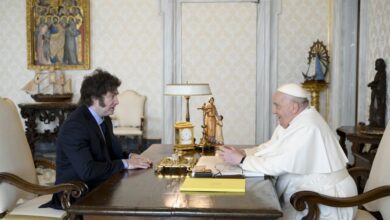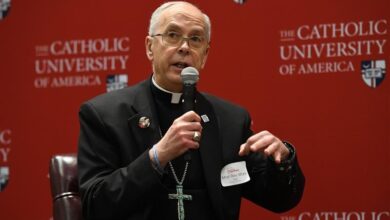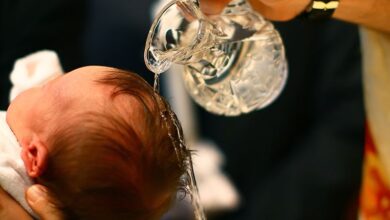Bolivia’s attorney general accuses Jesuits of obstructing sex abuse investigation
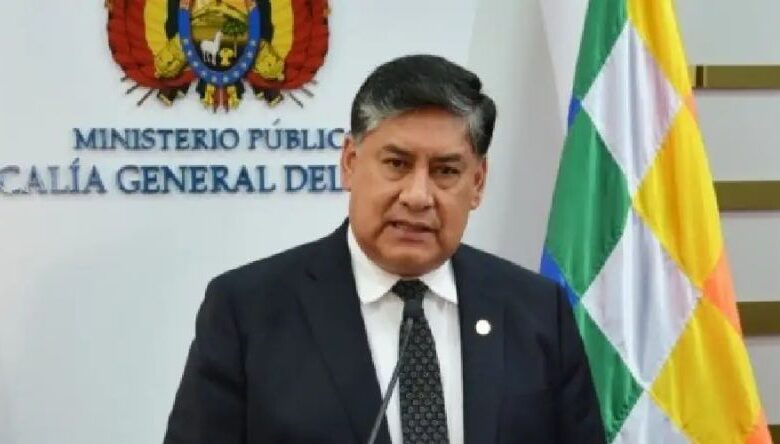
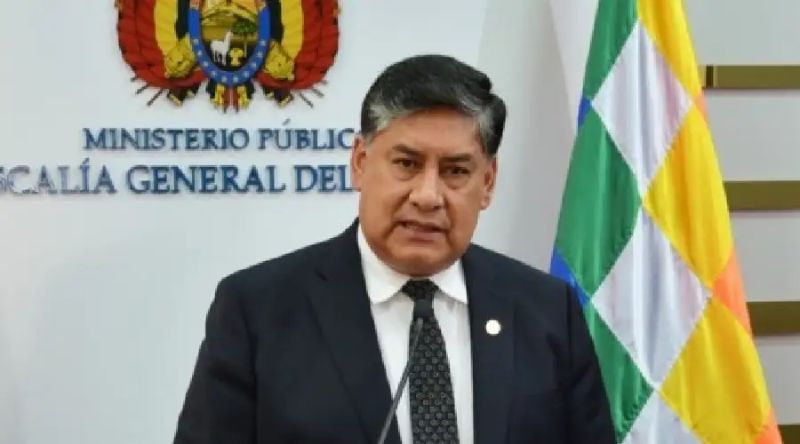 Bolivia Attorney General Juan Lanchipa. / Credit: Facebook page of Bolivia attorney general's office
Bolivia Attorney General Juan Lanchipa. / Credit: Facebook page of Bolivia attorney general's office ACI Prensa Staff, Jul 14, 2023 / 16:00 pm (CNA).
Bolivia’s attorney general’s office announced July 10 that it has now received a complete copy of the diary of deceased Jesuit Alfonso Pedrajas in which the priest discloses he sexually abused at least 85 minors in the course of his ministry.
A few weeks ago, the Bolivian attorney general’s office confirmed that on June 20 it had received a copy of the diary from the Society of Jesus in Bolivia but charged that it contained “gaps in the sequence of pages and sections crossed out and deleted.”
In response to the accusation, the religious order denied having tampered with the contents, arguing that the material it received had arrived in a sealed envelope that came from Rome via courier, sent by the general curia of the Society of Jesus, which in turn had received it from the Vatican’s Dicastery for the Doctrine of the Faith (DDF). The Jesuits turned over the envelope “unopened, just as it was received” to the attorney general’s office.
The Jesuits in Bolivia denied knowing how the DDF had gotten a copy.
After the attorney general’s office reviewed the material, Attorney General Juan Lanchipa pointed out July 11 that the copy delivered on June 20 by the Jesuits has erasures that “correspond to names, dates, and places.”
“This shows that the Church has not complied with its commitment to cooperate in the investigation, but on the contrary, it is putting up these kinds of obstacles,” he charged.
Lanchipa also informed the media that on July 10 he had received the complete diary of the priest Pedrajas via international cooperation, according to the media outlet Infobae.
International juridical cooperation is collaboration between states through their competent authorities to obtain information, documents, proofs, evidence, and other procedures that involve actions outside the state that requires it.
“We have sent a copy of this diary, which they have sent us from Spain to the Cochabamba departmental prosecutor’s office, so that they can carry out investigations based on its content,” Lanchipa explained.
In response, the Society of Jesus reiterated in a July 12 statement its “spirit of transparency and cooperation with the justice system.”
At the same time, the Jesuits denied having obstructed ongoing investigations or having altered Pedrajas’ diary.
The Jesuit order emphasized that “any erasure, amendment, or cutouts from this diary was not carried out by the Society of Jesus nor is it known who could have done it, since the Jesuits in Bolivia never had access to said document.”
The arrival in the country of a complete copy of the material, they said, “can contribute positively to clarify the facts.”
A second diary
The attorney general reported on the existence of a second diary: “We have another diary from this priest Antonio [Luis María] Roma, and in all cases we can show that these are abominable, horrifying acts that have been committed against our children, against our young people.”
The Bolivian state general prosecutor, Wilfredo Chávez, also issued a statement on the matter: “There is one more diary from a case in Santa Cruz; it’s a handwritten diary. Here the aberrations that a priest allegedly carried out on girls in the Santa Cruz Chaco [plains area] are narrated and they are cases that must be investigated. He’s a priest who has already passed away, but we still have to move forward in these cases. The state is the guarantor [of justice],” he explained.
The spokesman for the Society of Jesus in Bolivia, Jesuit Father Sergio Montes, reported that the former delegate for safe and healthy environments of the order, Father Osvaldo Chirveches, brought a copy of the Jesuit Luis María Roma’s diary to the La Paz prosecutor’s office on May 9.
The diary was part of the file that was turned over when making the complaint against the priest.
Along with it, other documentation was presented, the product of the previous investigation carried out by the Society of Jesus in 2019, “including the deplorable photographic material” that became public.
This story was first published by ACI Prensa, CNA’s Spanish-language news partner. It has been translated and adapted by CNA.


